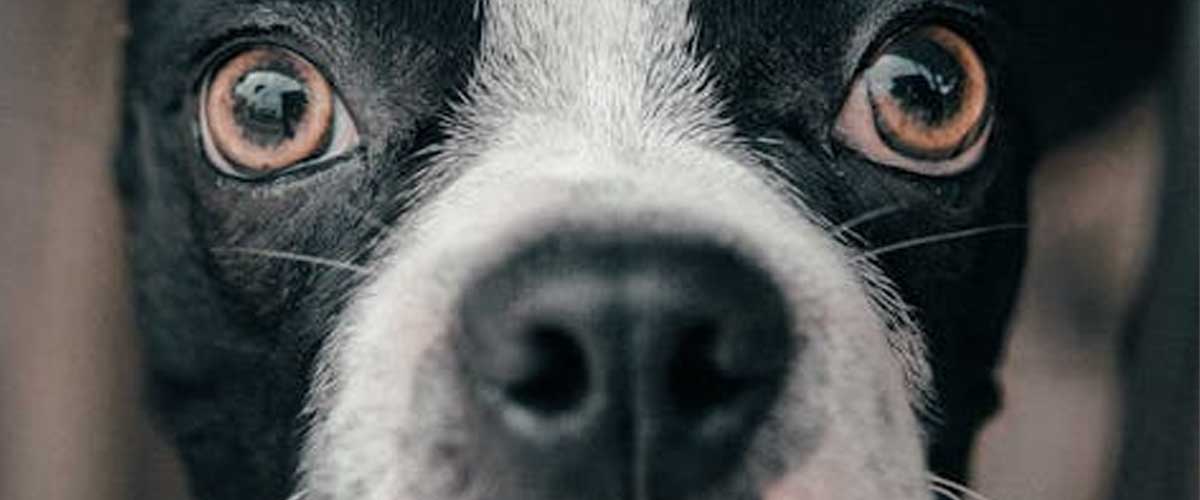As dog lovers, we often revel in the unique characteristics and behaviors of different breeds.
From the tiny Chihuahua to the majestic Great Dane, each dog carries a rich tapestry of genetics that influences their physical appearance, temperament, and health.
Understanding dog genetics can enhance our relationship with these beloved companions, guiding us in training, care, and breeding practices.
The Basics of Canine Genetics
At its core, genetics is the study of genes and heredity.
In dogs, like all living organisms, traits are passed down from parents to offspring through genes. Canine genetics examines how these traits are inherited and how various combinations of genes can lead to specific characteristics.
Dogs have a total of 39 pairs of chromosomes, each containing numerous genes that dictate everything from coat color to disease susceptibility.
The variation in breeds arises from selective breeding practices that emphasize certain qualities over generations, leading to the distinct types we see today.
Breed-Specific Traits
Every dog breed has been developed for specific purposes, resulting in the unique physical and behavioral traits we recognize.
For example:
Herding Breeds:
Breeds like Border Collies were bred for their intelligence and agility to manage livestock.
Their selective traits include a strong instinct to herd and high energy levels.
Working Breeds:
Dogs such as Rottweilers and Doberman Pinschers have been bred for strength and protective instincts, making them excellent guard dogs.
Toy Breeds:
Smaller breeds, like Pomeranians and Yorkies, have been bred primarily for companionship, emphasizing temperament and size over functionality.
Understanding the genetics behind these traits can help owners better meet their dogs’ needs, providing proper training, mental stimulation, and exercise tailored to their breed.
Genetic Health Issues
While breeding for specific traits can lead to desirable characteristics, it can also result in hereditary health problems.
Many purebred dogs face genetic disorders, often due to a limited gene pool resulting from inbreeding.
Common issues include hip dysplasia in Labradors, respiratory problems in Bulldogs, and heart diseases in Cavalier King Charles Spaniels.
Genetic testing can provide valuable insights into a dog’s risk for certain conditions.
By understanding a dog’s genetic predispositions, owners can work with veterinarians to implement preventive health measures, ensuring a longer and healthier life for their pets.
The Role of Genetics in Behavior
Behavioral traits are also influenced by genetics.
While environmental factors play a significant role in a dog’s development, certain temperamental characteristics can be inherited.
For instance, some breeds are known for their friendly disposition, while others may exhibit more reserved or protective behavior.
Research has shown that genetics can influence traits like aggression, anxiety, and sociability.
By recognizing these inherited characteristics, owners can better manage their dogs’ behavior and create a positive living environment.
The Future of Canine Genetics
Advancements in genetic research continue to uncover the complexities of dog genetics.
The mapping of the canine genome has opened doors for breeding programs focused on improving health and temperament.
Responsible breeders who utilize genetic testing can make informed choices to decrease the prevalence of hereditary diseases in their lines while promoting the overall wellness of their breeds.
Ethical considerations are also at the forefront of these developments.
As science progresses, the responsibilities of breeders and pet owners become paramount.
Emphasizing health and temperament over aesthetic traits can lead to healthier dog populations and more harmonious relationships between dogs and their humans.
Conclusion
Understanding dog genetics is essential for anyone involved in the care, breeding, or training of dogs.
By learning about the genetic influences on behavior, health, and physical traits, we can make informed decisions that promote the wellbeing of our canine companions.
As we continue to deepen our knowledge of canine genetics, we can celebrate the diversity and uniqueness of dogs while striving for a future where health and happiness are at the core of all breeding practices.









